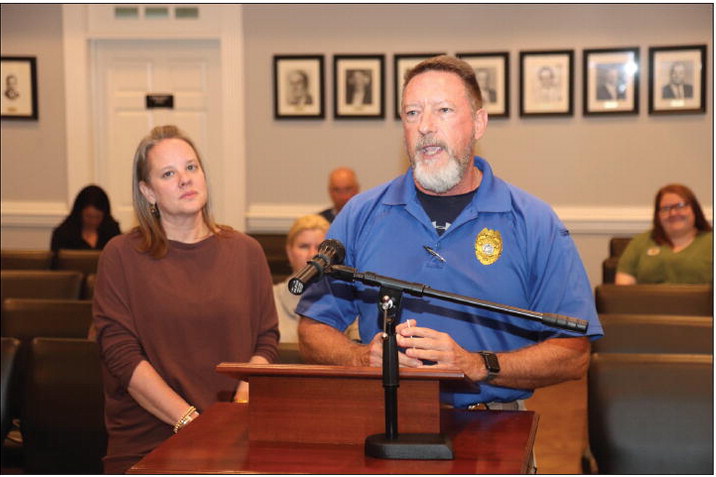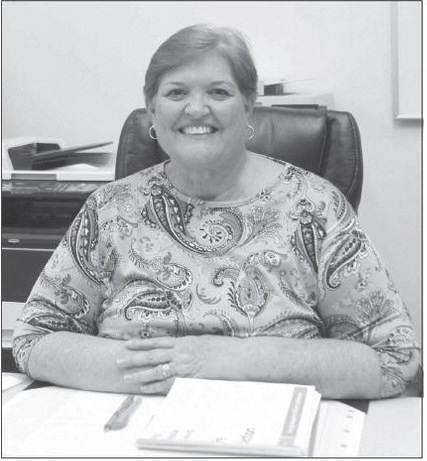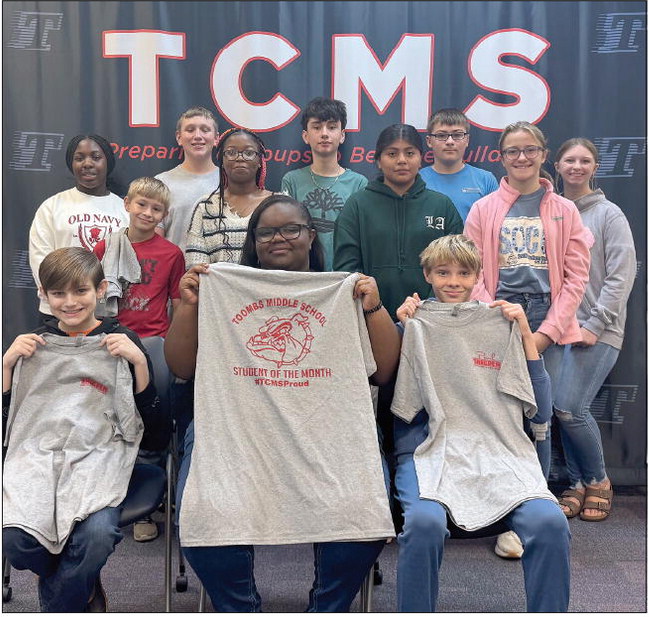Economists see recession ahead for Georgia, nation
Georgia’s economy will enter a mild, short recession early next year that should only persist for about six months, the dean of the University of Georgia’s Terry College of Business said Friday.
The downturn will be prompted by the series of interest rate hikes the Federal Reserve board has ordered this year to curb inflation, rising energy prices brought on by the war in Ukraine and hits to personal wealth including a down stock market, Ben Ayers told a luncheon audience at the Georgia Aquarium in downtown Atlanta.
Georgia, however, is better positioned than other states to weather the recession because of its strong labor market and several major economic development projects that will pour investment into the state and create jobs, Ayers said.
As a result, Georgia’s Gross Domestic Product is only likely to experience a “slight dip” of 0.2%, less than the national average, he said.
“We will continue to outperform the nation,” he said. “Growth will slow, but growth will not stop.”
Ayers said the state’s labor market should remain strong, adding jobs in health care, education, tourism, and government.
“Employers will be slow to lay off workers,” he said.
But Ayers warned losses are likely in some job sectors, including construction, finance, and manufacturing.
Ayers said housing in Georgia will suffer more than other economic sectors, with housing construction slowing significantly due to higher mortgage interest rates. Prices of existing housing are expected to decline by 12% next year, he said.
The good news, Ayers said, is that the housing market isn’t expected to crash to the extent it did during the Great Recession of the late 2000s.
“We do not expect a repeat of the housing bust,” he said.
Ayers said an economic recovery is likely to begin late next year. For one thing, the Fed probably will begin phasing out interest rate hikes in 2023 as inflation tapers off, he said.
Housing should rebound quickly once the Fed stops raising interest rates. Ayers said the increasing number of Georgians now working from home will boost interest in home construction.
Nationally, low- and middle-income families will be hit hardest by the recession, said Mark Vitner, founder and chief economist at North Carolina- based Piedmont Crescent Capital. Those income groups will have a particularly difficult time coping with higher food, energy, and rent costs, Vitner said.
“For half of the country, the inflation rate is essentially doubled, 18% to 20%,” he said. “Real purchasing power has been wiped out.”
While Vitner held out hope the U.S. economy will experience a soft landing from the coming recession, he said it’s more likely there will be a series of “rolling recessions” such as persisted during the 1980s.
Vitner said the only solution to the recession lies in getting inflation down. Still, he agreed with Ayers that the coming downturn won’t be as steep as the Great Recession. He said the approaching recession likely will be followed by slow growth during the next two to three years.
“This is going to be a challenging economic environment in the coming year,” Vitner said. “Recessions aren’t fun. … [But] they’re the exception, not the rule.”
This story is available through a news partnership with Capitol Beat News Service, a project of the Georgia Press Educational Foundation.







